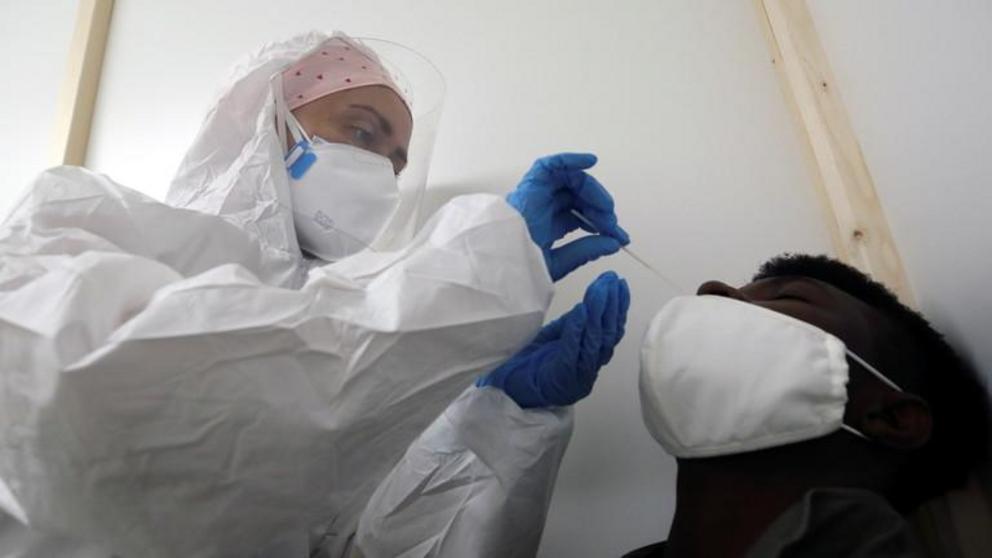An interesting article on long covid.
Hidden COVID virus found nearly two years after infection
A clue to long COVID? UCSF discovery could guide treatments
Pieces of the COVID virus can lurk in our blood and tissue for almost two years after the initial illness has vanished, a discovery that might offer clues to the mystery of lingering post-infection disability, according to new research from UC San Francisco.
Four years after the U.S. went into lockdown, the worst of the pandemic has passed. But for people with long COVID, the illness remains a daily misery.
The new research suggests why: The virus is not always fully cleared after the initial infection, so remains deeply embedded, even though people are no longer contagious.
It is not yet known if these small viral proteins, called antigens, are causing long COVID. But, based on the new discovery, the UCSF team is conducting clinical trials of potential therapies that could attack the hidden pathogen.
“This can be a persistent infection for some people,” said
Dr. Timothy Henrich, professor of medicine at UCSF who co-authored the research, presented at last week’s
Conference on Retroviruses and Opportunistic Infections in Denver. “We’re concerned that this could be leading to, at least in part, some of the long COVID symptoms that people have been experiencing.”
While COVID remains much more serious than the usual seasonal flu, safe and highly effective vaccines have caused a dramatic decline in infections and deaths.
There is a desperate need for a diagnostic test and treatment for long COVID, which affects an estimated 7% of American adults. Currently, doctors are only treating the symptoms, rather than offering a cure. Experts predict that the disorder will place continuing demands on our healthcare system.
“Long COVID patients deserve swift, accurate diagnosis and timely, effective treatment,” said Jaime Seltzer, scientific director at the nonprofit
MEAction, which advocates for patients with long COVID and myalgic encephalomyelitis/chronic fatigue syndrome, or ME/CFS.
Is the clandestine virus constantly provoking the immune system, causing symptoms? That’s one leading theory. Another possibility is that COVID triggers an autoimmune response when the body mistakenly attacks itself. Or perhaps, long after it fends off infection, the immune system fails to turn off.
Using an ultra-sensitive test of blood from 171 people who had been infected with COVID, the UCSF scientists found pieces of the viral “spike” protein that persisted up to 14 months after infection.
The story continues
A clue to long COVID? UCSF discovery of persistent viral fragments could guide the search for treatment.

www.eastbaytimes.com

rumble.com





